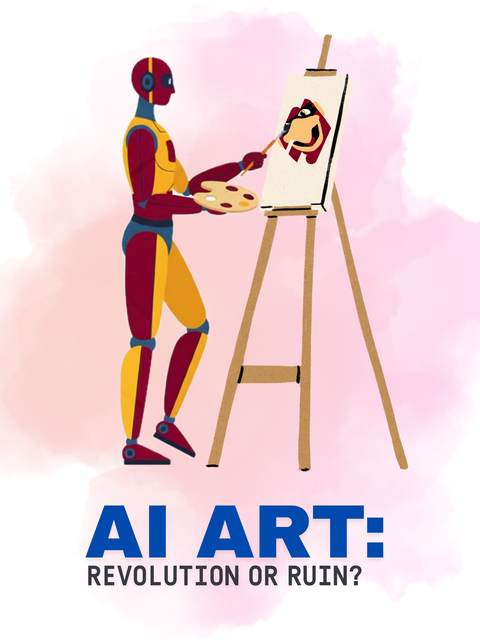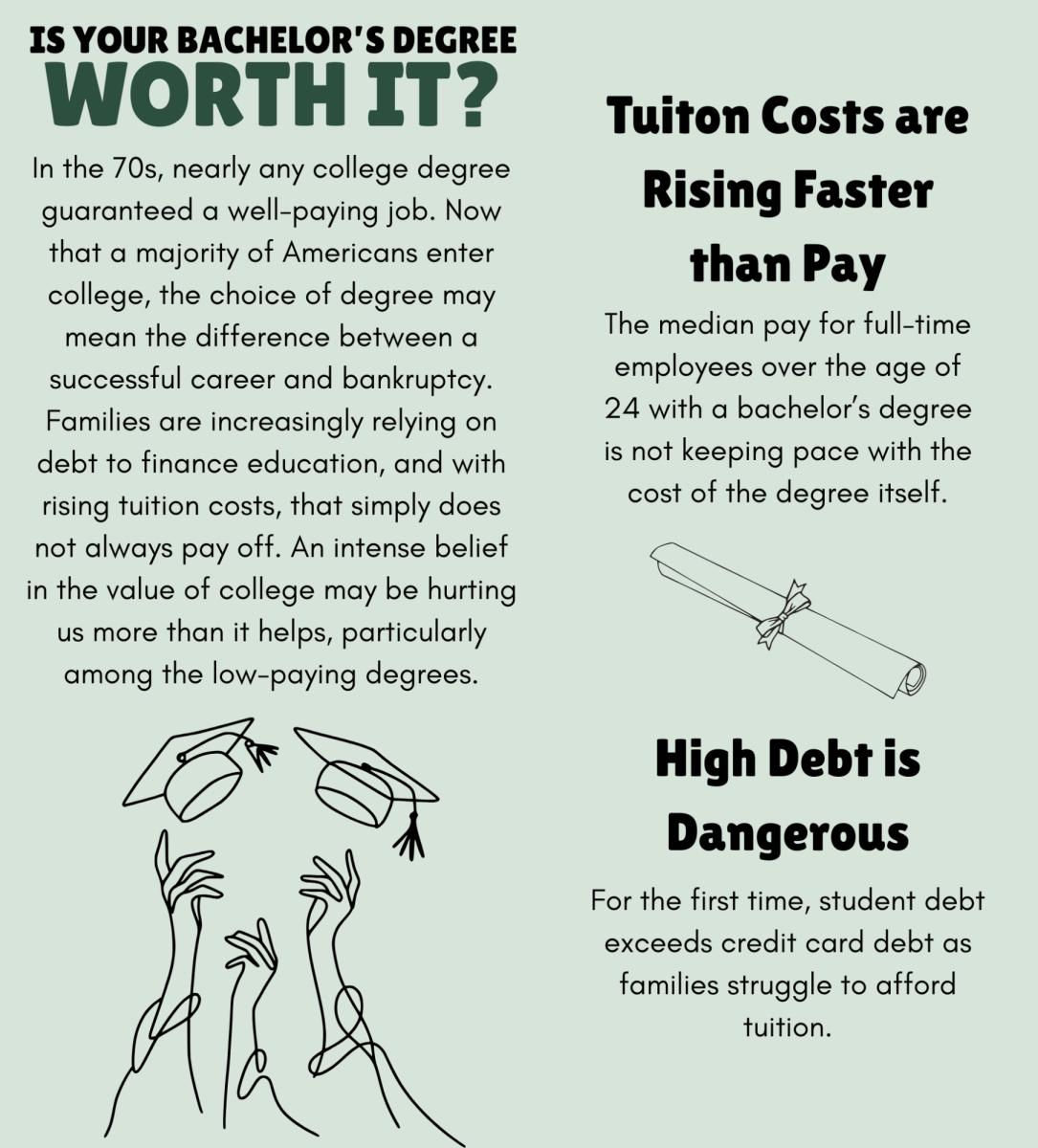She’s the most beautiful woman you’ve ever seen.
You’ve stumbled across a Facebook friend of a friend that makes you believe love at first sight does actually exist.
Digging a little further into her profile, you find that she attends ULM, just like you.
Your heart does a victory samba, and after auditing your own profile for any embarrassing photos or posts from your friends involving farting or Pokemon, you send her a message.
She agrees to meet you at Starbucks, where you plan to buy her coffee and steal her heart.
Imagine your disappointment when you are greeted by only a version of the woman you dreamt about all-night long.
In all your haste to secure a date with the blonde beauty with the dancer’s body, you neglected to notice that her most recent profile picture was actually posted two years ago.
Since then, she’s gained the freshman 15 three times over, dyed her blonde hair Teletubby purple, pierced her lip and is clearly a firm believer in the classic junior high duo of blue eye shadow and red lipstick.
As you try to convince yourself to have an open mind and to stop being so shallow, you can’t help but feel duped-and you were.
According to CNN, one in four Facebook users lies about themselves on their profile.
And yes, liking the page “Football Loving Girls” when you’re the one that thought the Super Bowl was a national bowling tournament is lying.
We all do it, even if it’s only in small ways.
I myself am guilty of cropping pictures, using filters, and posing at certain angles I know are flattering for me.
No one wants to look fat, and lighting is everything.
We naturally strive to present ourselves in the most intelligent, attractive way possible because those are, essentially, the things that give us confidence.
But, as tempting as it is to list your place of employment as St. Francis hospital and fail to mention you are a janitor and not a doctor, you’re not really helping yourself.
People’s expectations of you online are only as high as you set them.
Lying and telling partial truths only builds a network of “friends” who would be fully disappointed in the person you really are, when the person you say you are proves to be society’s definition of “better”.
And, in most cases, the flaws people fight to hide with small lies and twisted truths are flaws only they themselves deem to be an issue.
Real confidence that survives past the computer screen is far sexier than the photoshopped edition of you on your profile.
And in the end, while it’s easy to become the person you want to be with the protection of the Internet, your date is looking to fall for you, not your profile.





